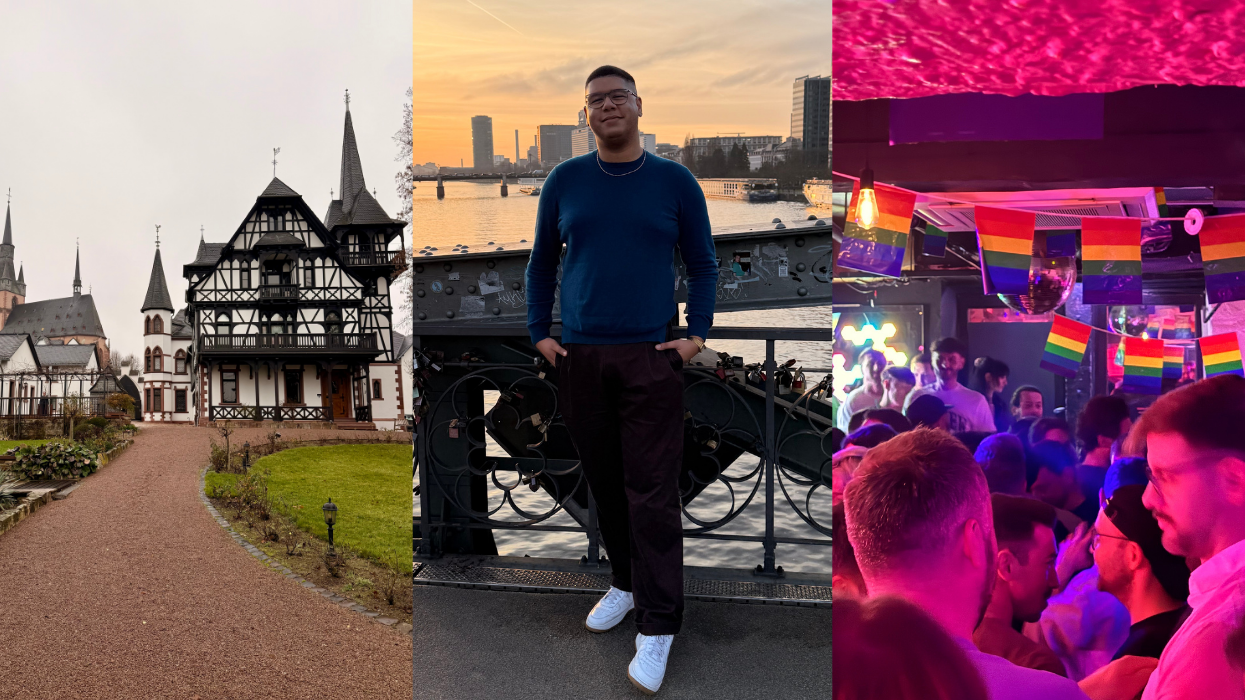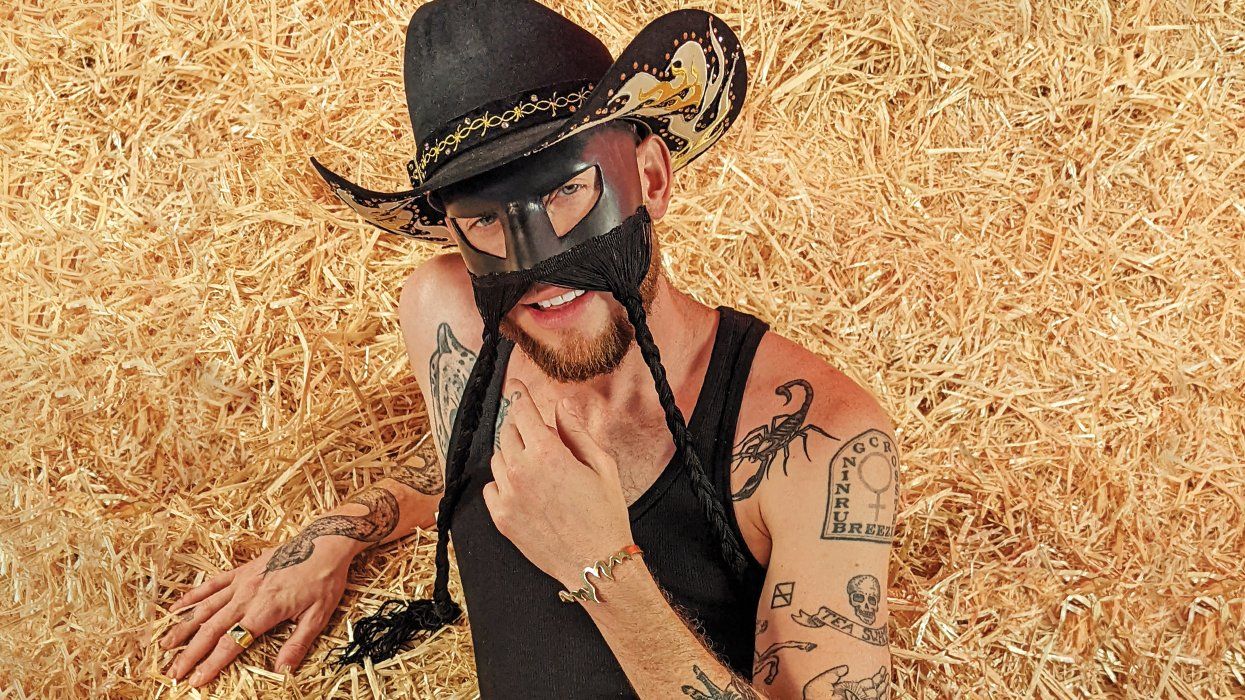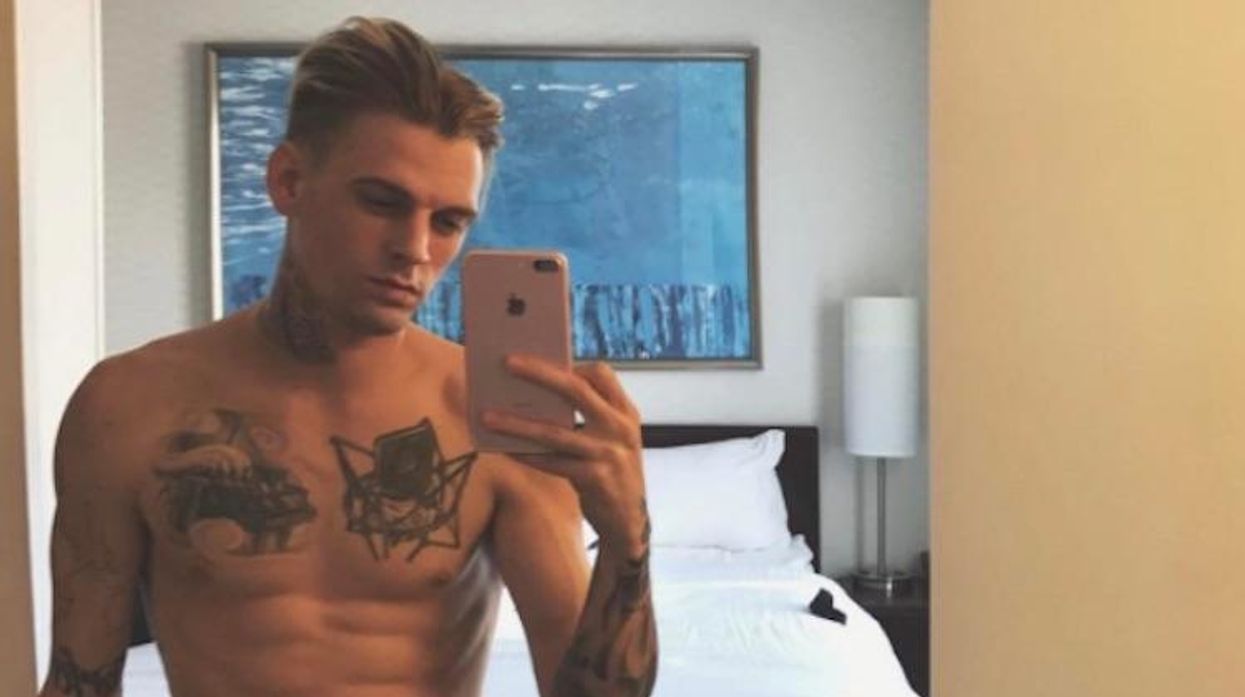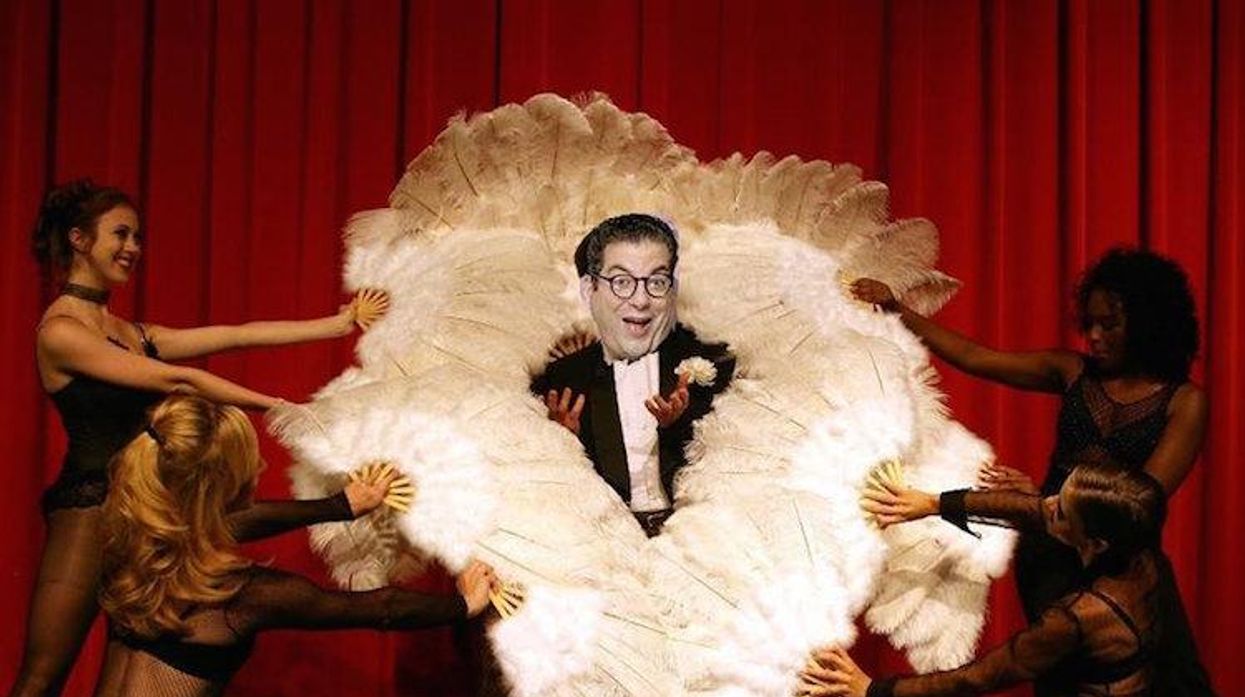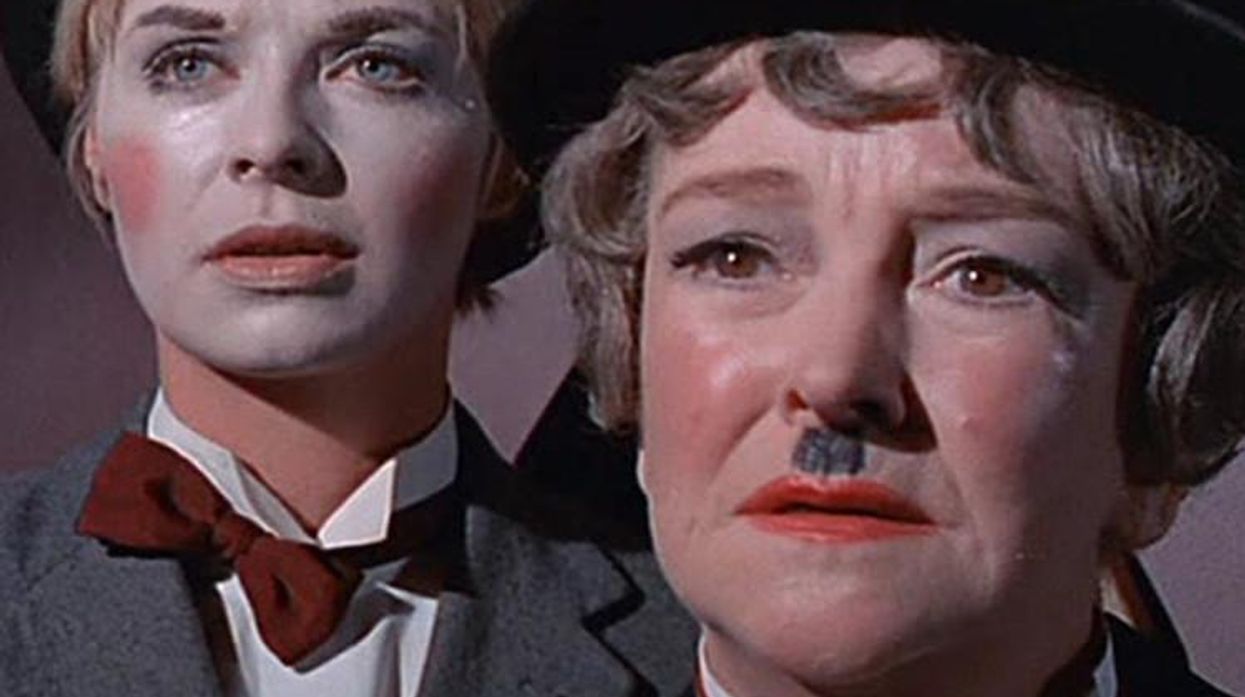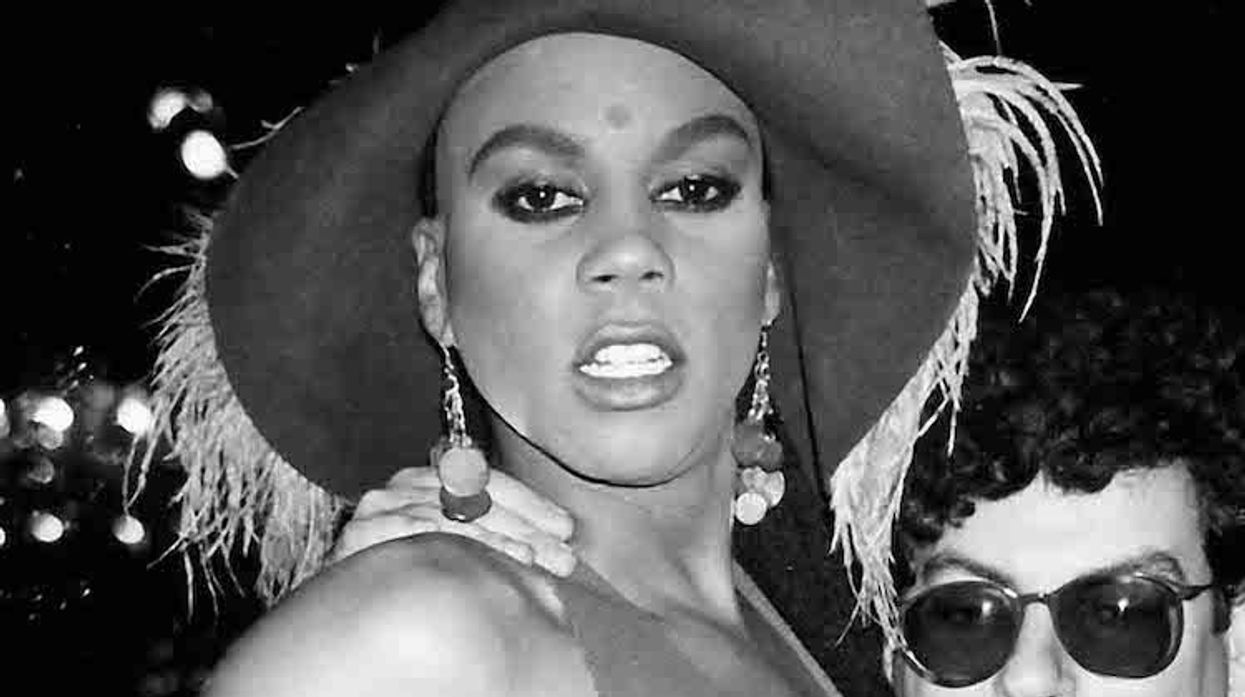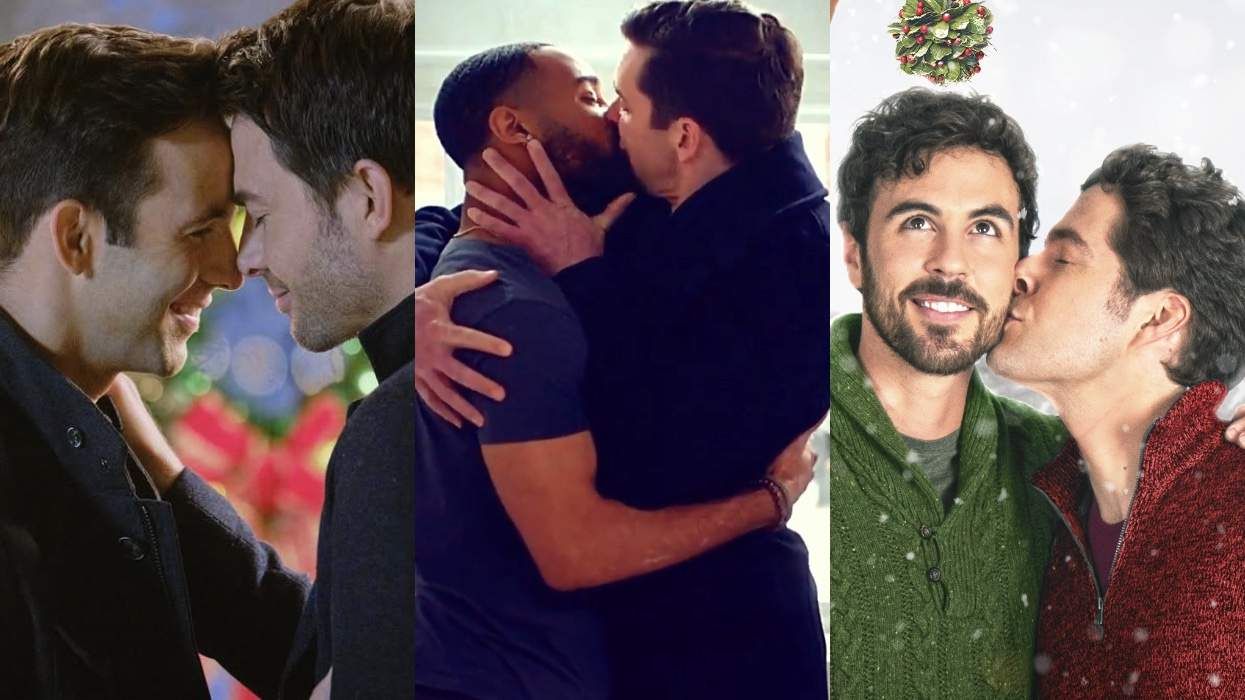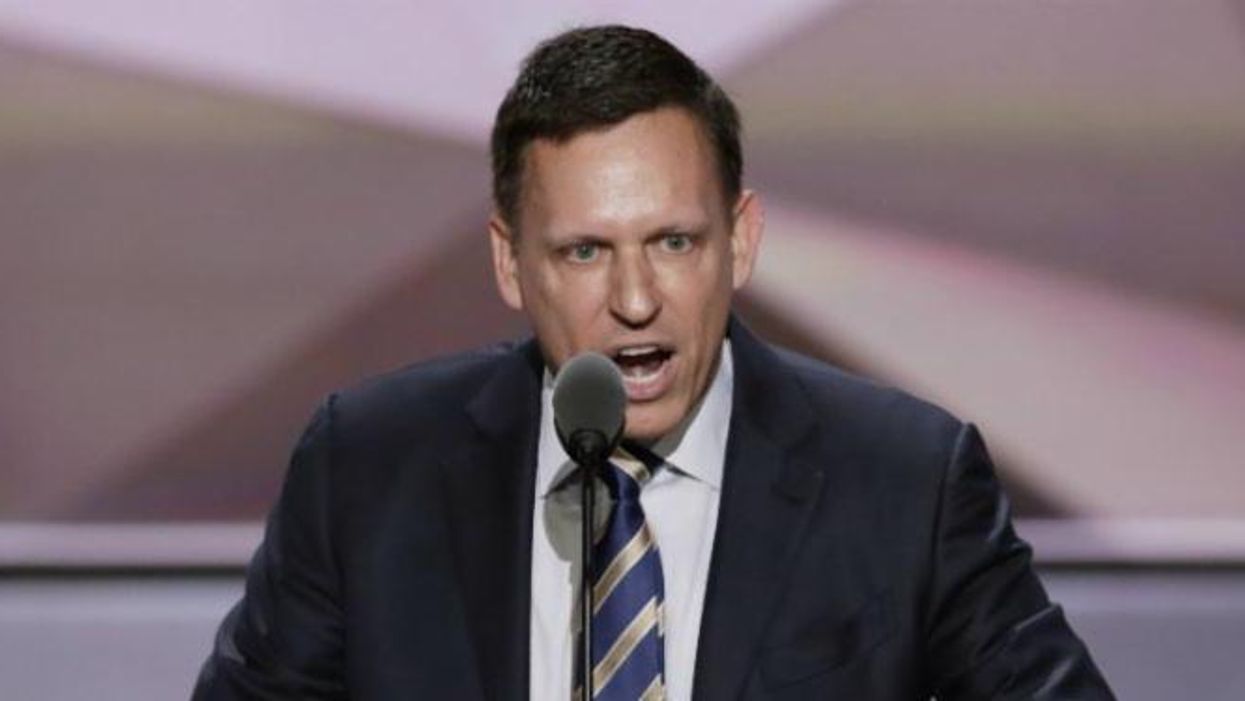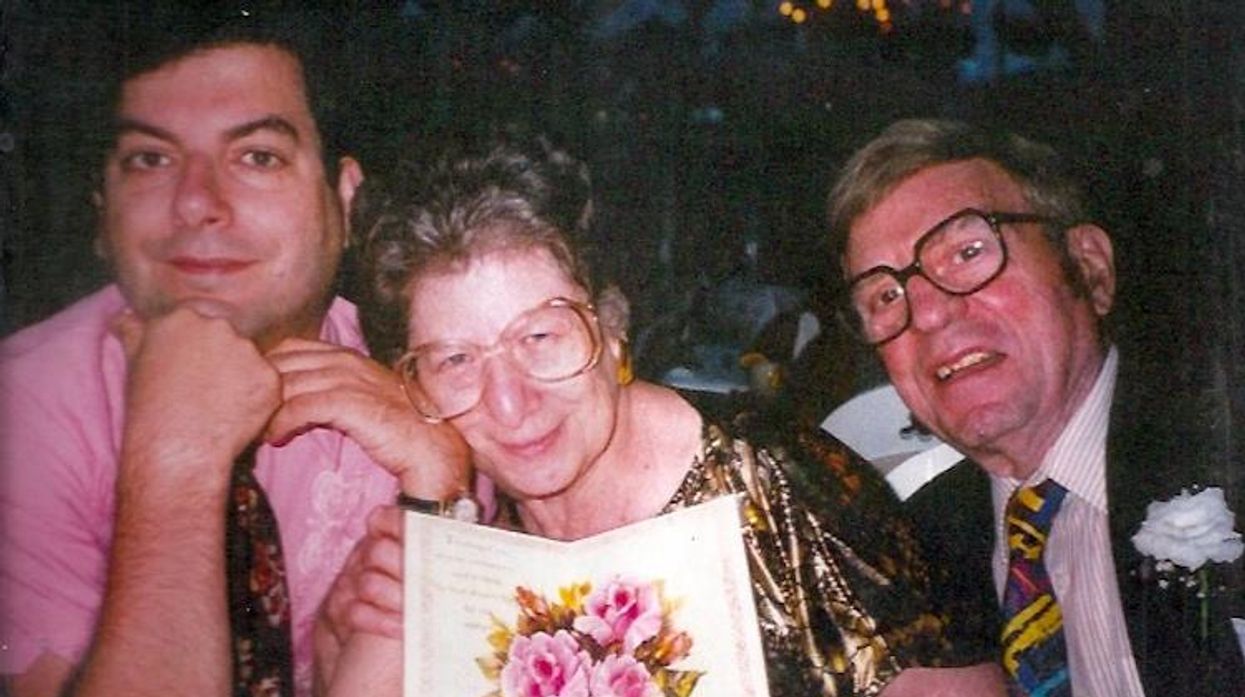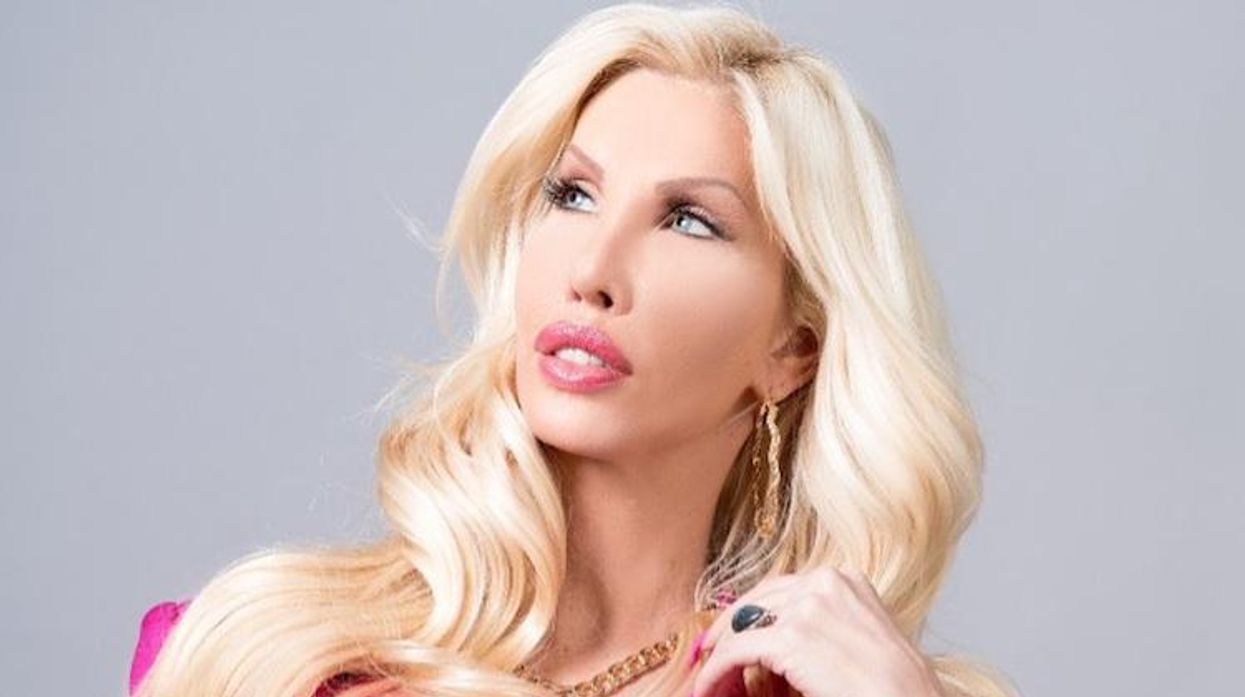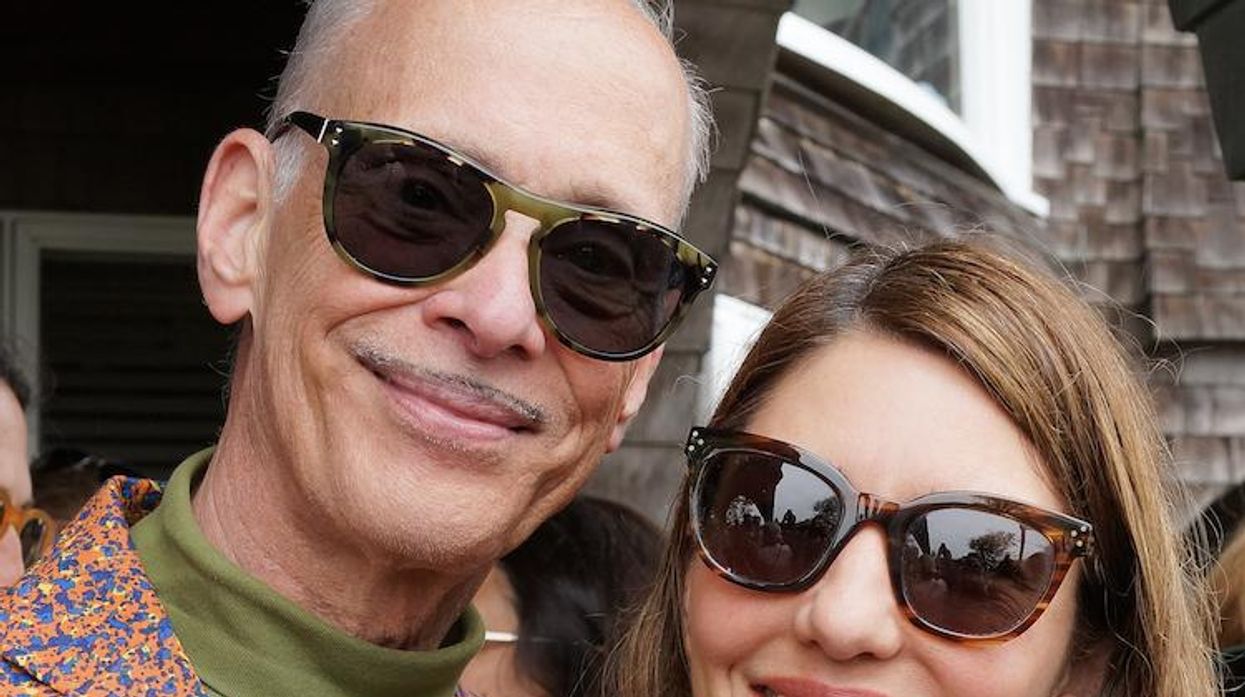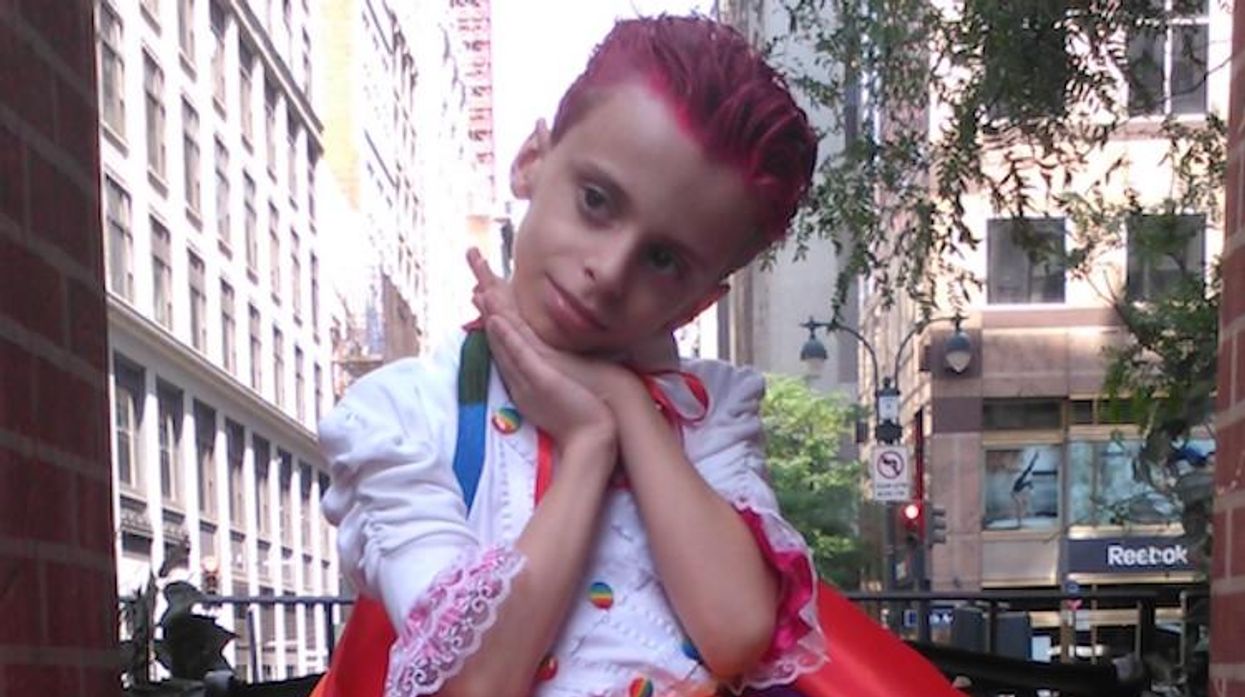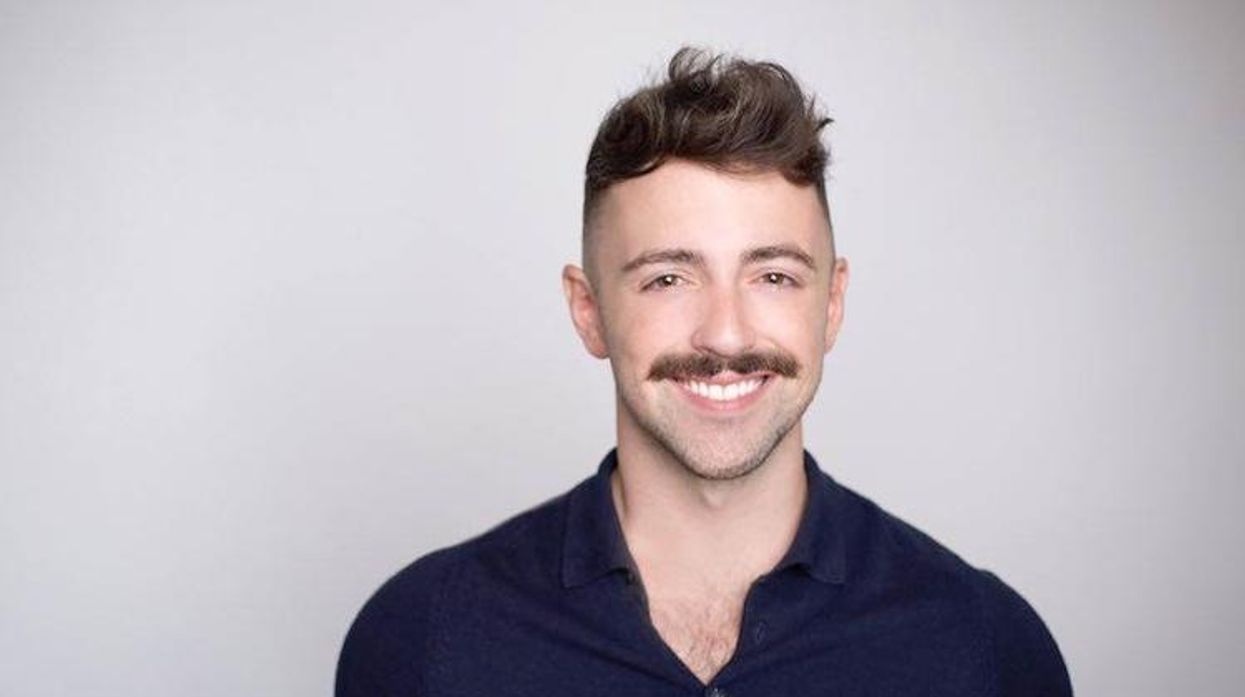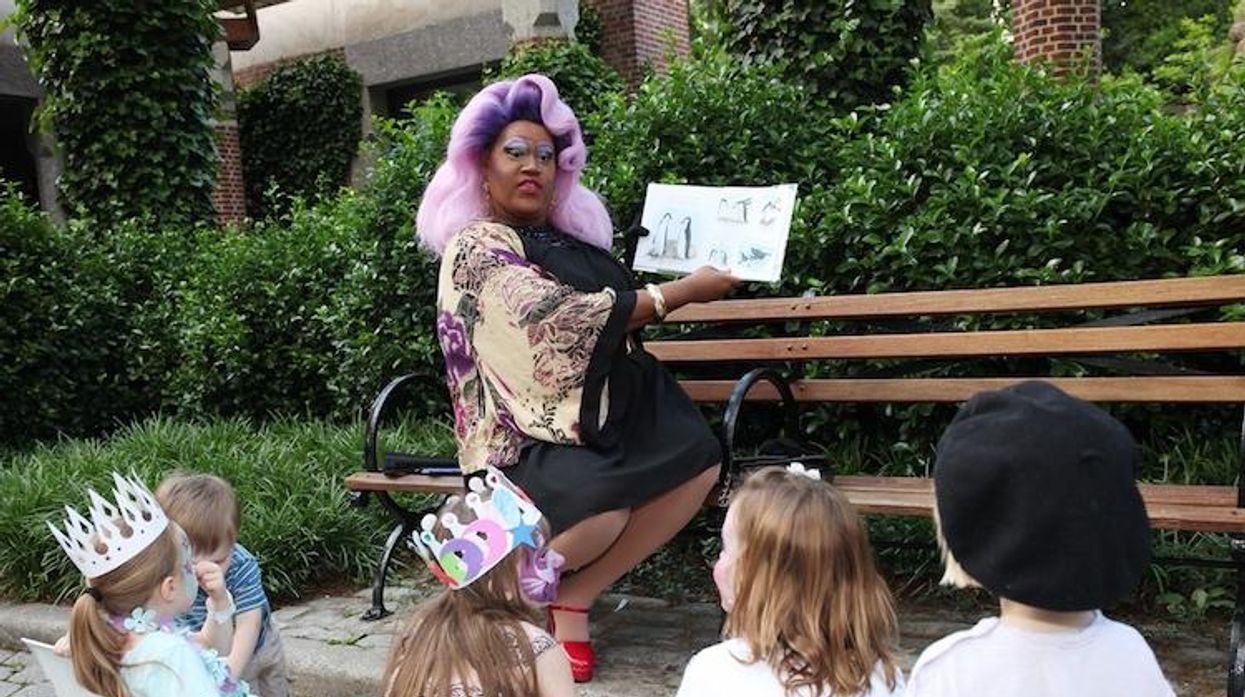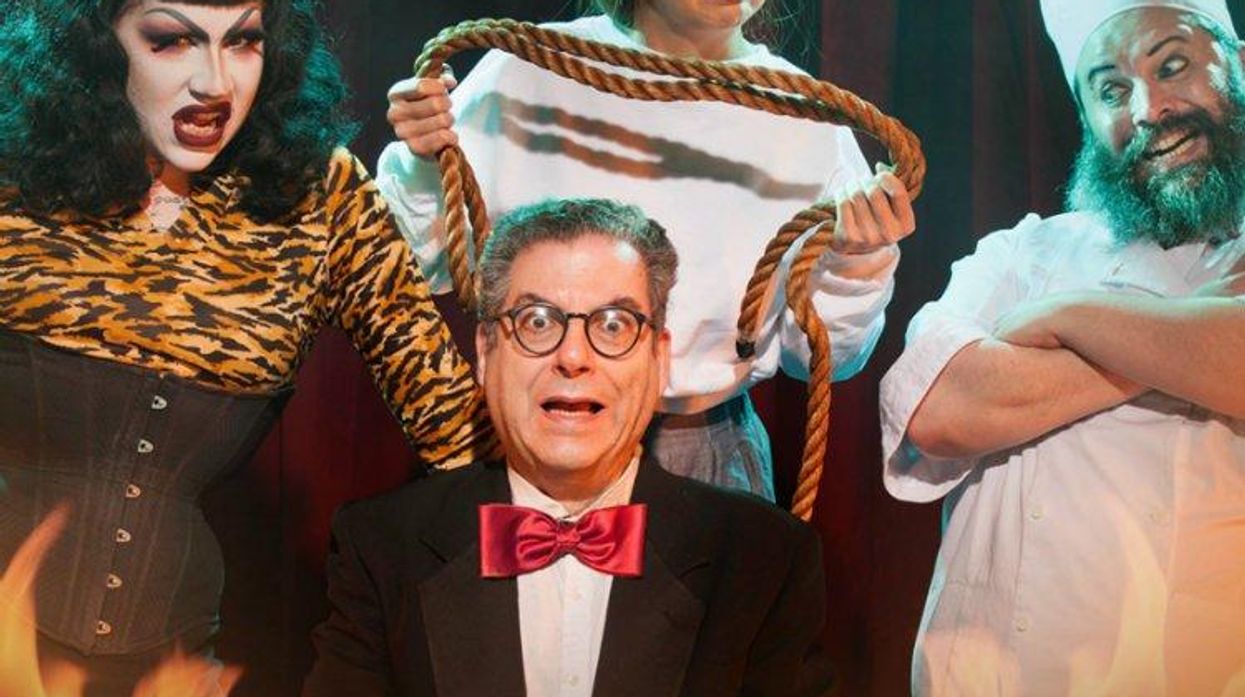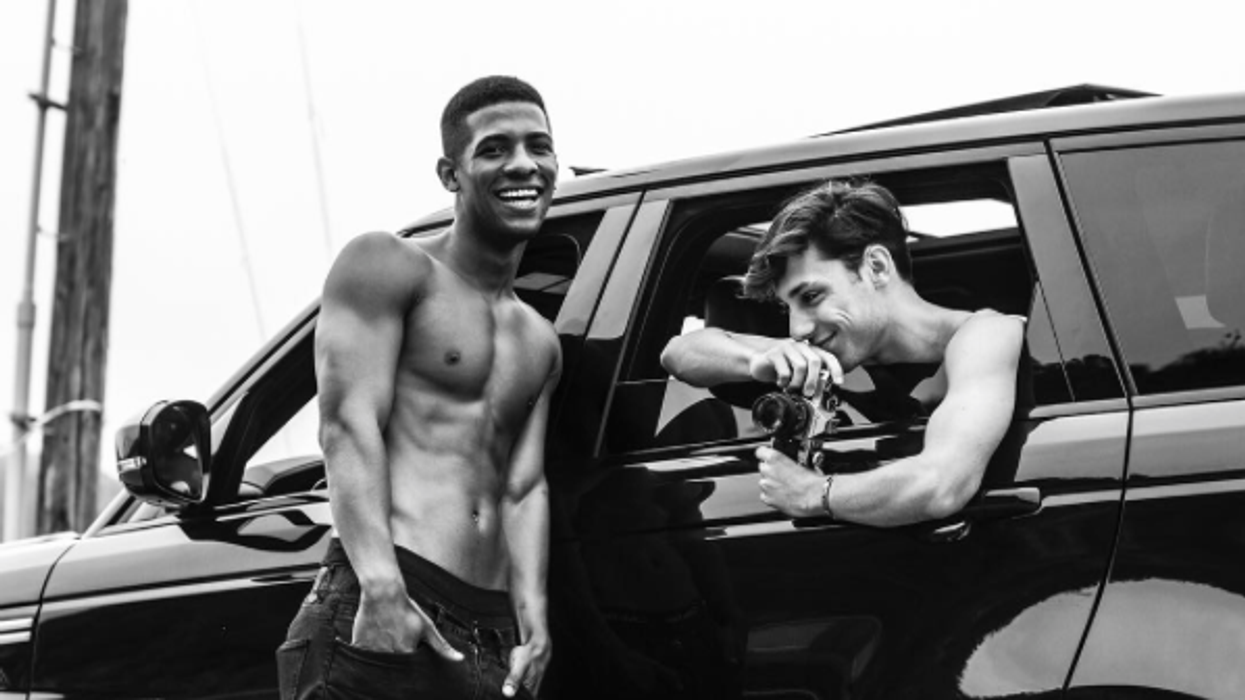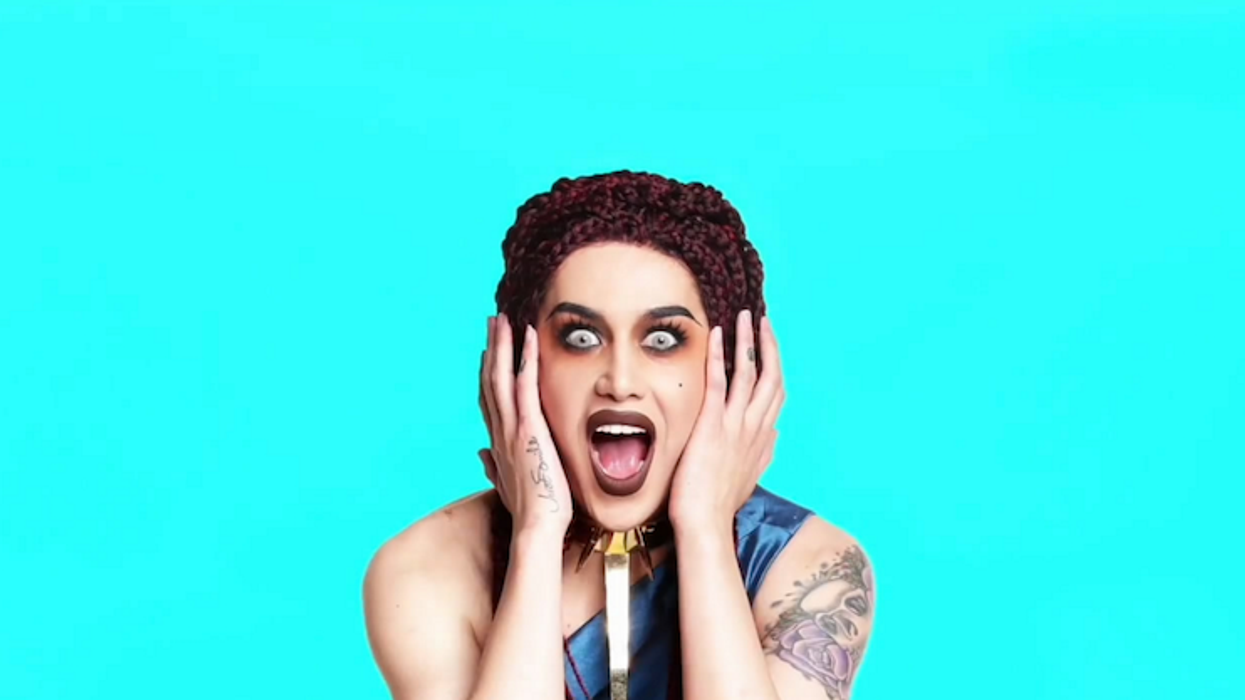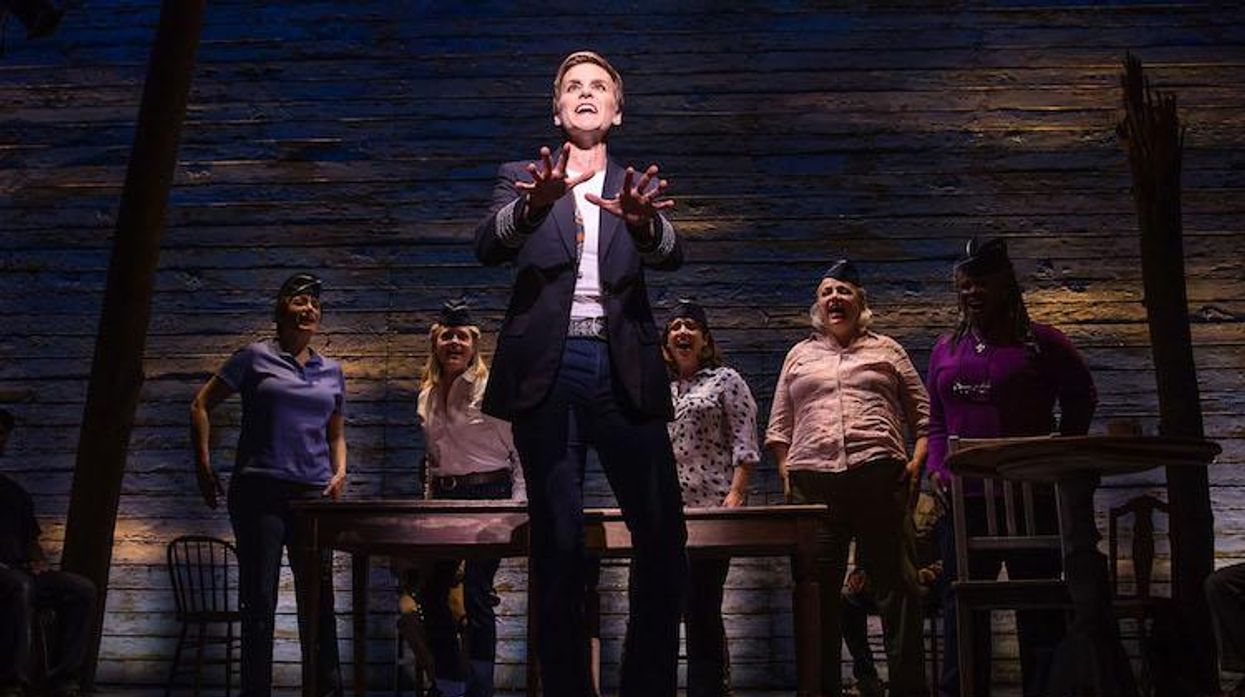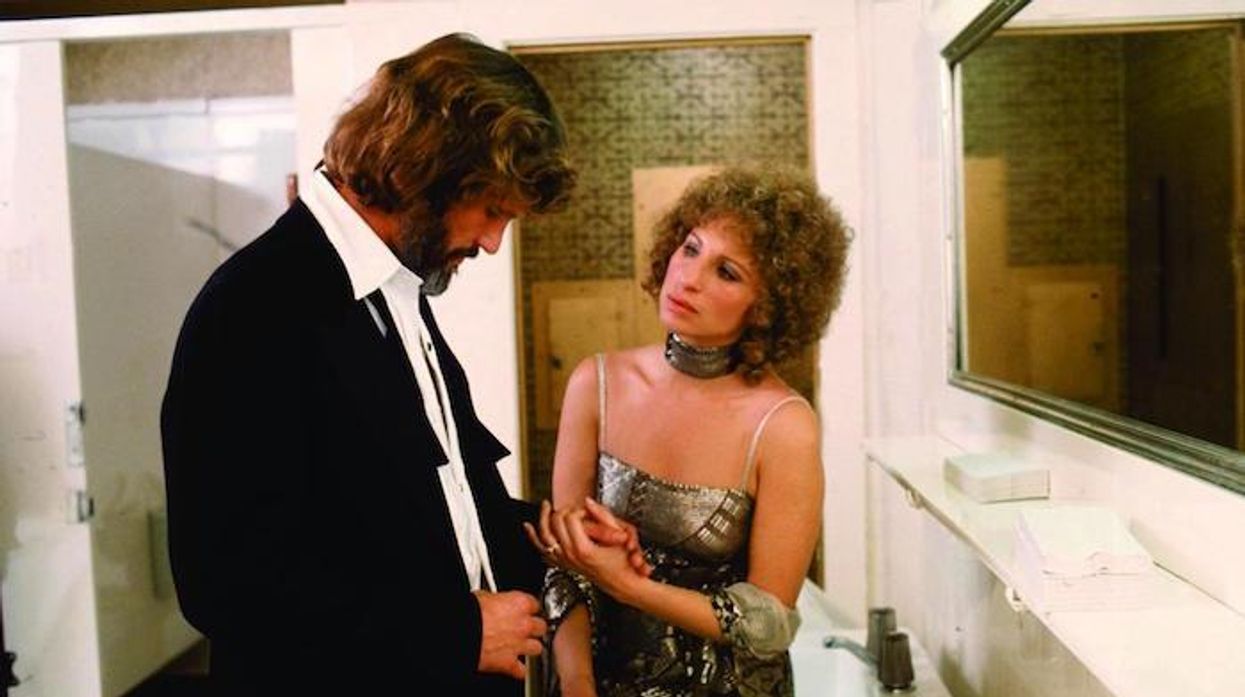In 1962, at 15, Steven Gaines attempted suicide. As a boy in Brooklyn, New York, Gaines was distraught over being gay and desperately wanted to change that, so he sought help at the pricey Payne Whitney clinic, a stay his grandfather paid for because Steven craved it so badly. It's where Marilyn Monroe had been, and it's also where Broadway legend Mary Martin dropped by--to visit her husband, film critic and story editor Richard Halliday, whom Gaines became friend and "handmaiden" to.
Long after his years of conversion therapy, Gaines went on to eventually embrace his sexuality and to become the best selling author of Obsession: The Lives and Times of Calvin Klein, Simply Halston and Philistines at the Hedgerow. And now, he's come up with a riveting memoir, One of These Things First, which details his fascinating efforts to change his sexuality back when "gay" didn't connote "happy."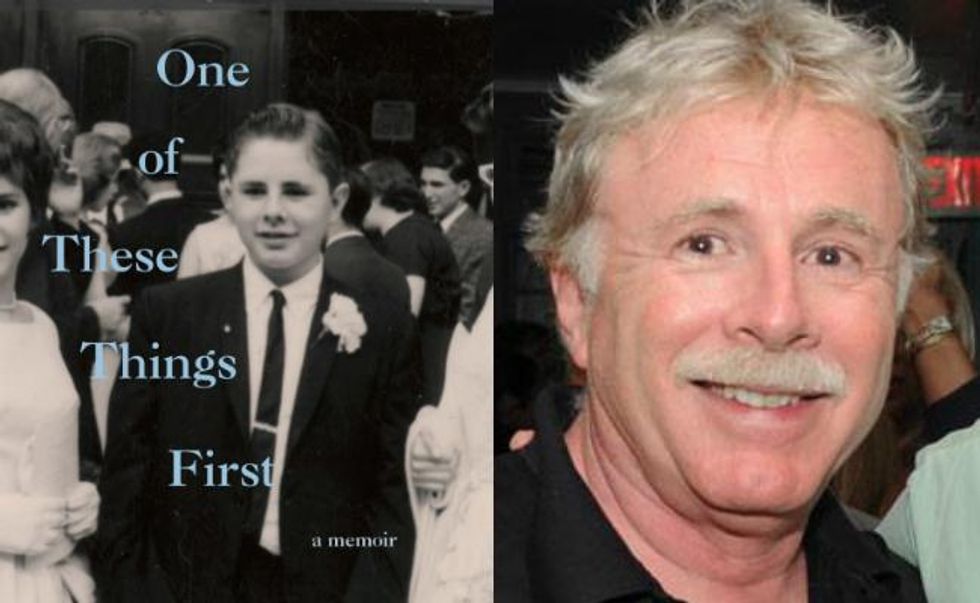
Hello, Steven. Why, as a kid, did you want to convert to straight?
I didn't know anything about homosexuality. Nobody knew much about it in 1962. There's a saying, "If you could go back and tell your 15-year-old self one thing, what would it be?" I'd say, "You can't change." But at the time, being homosexual was such a horrible, horrible thing that if somebody said "You can be straight, you don't have to worry about this," then "Sure. Oh, my God, of course." I had tried to kill myself.
Aside from realizing you can't change, did you also eventually realize you should be happy and proud?
That took a very long time because what the well meaning psychiatrist did was make me believe I was sick and the things I was feeling, which were absolutely normal and regular, were rooted in some terrible sickness. Even when I gave up trying to change, I walked around for many years thinking I was sick. My friends were furious with me. And I don't blame them. If I had been born 10 years later, my whole life would be different. I'd have been married [to a man] and have children.
But you also write a lot of favorable things about that psychiatrist, Dr. Myers.
He was a kind, very smart man, a war hero. He was generous to me--he was loving, the father I never had. He taught me a lot about the world and how to behave. He saw that I wanted to destroy myself and he gave me hope that I didn't have to do that.
But he also told you you had to change. Isn't that a mixed message?
He was saying I didn't have to kill myself, because I could be straight. He meant well. He was not one of the ogres. He was not a witch hunter. He saw this lost boy from Brooklyn who was tortured, and he said "You don't have to kill yourself."
Dr. Myers obviously read a lot of Freud. He had all these reasons for your gayness--like the fact that you'd undoubtedly heard your parents having sex.
And I did hear them having sex. I even saw them having sex, evidently. I slept in that little room with them for many, many years. I love what my mother said. "The Puerto Ricans sleep 10 in a room, and it didn't hurt them."
Hmm. I loved reading that you thought Payne Whitney was going to be basically a fancy hotel.
I was shocked because it turned out the first week you go there--this is why Marilyn Monroe signed herself out--you go on the seventh floor and there were 24 patients, and a lot of them were in shock therapy and very ill. They put me in a quiet room, and I was kicking the door, so they shot me up and put me in a padded cell the first night. But the third floor was entirely different, and I spent most of the time there. That was very much like a hotel.
But very regimented.
Yes. You had to have breakfast at a certain time, make your own bed, and have therapy every day.
When Marilyn died a year and a half after her release from Payne Whitney, how did you react?
When it happened, I was in the hospital. Everybody was so upset. We thought, "This isn't gonna work."
But maybe she was murdered.
Nobody even thought that at the time.
So you spent six months at Payne Whitney?
Five. They discharged me early because I went to Mary Martin's house with her husband, Richard Halliday, and that was against the rules. He wasn't supposed to come home. He and Mary knew that. He was having serious problems with barbiturates and amphetamines and alcohol. He was ruining her career and people didn't want to work with him. I had no idea.
So you were allowed to walk out of the establishment, but not go home?
Right. When you got to the fourth floor, you were allowed walk privileges. On the fifth, some people even went to work and were allowed to go home for weekends. At my grandfather's shop--a corset emporium that also sold a full line of women's clothing--my grandmother would say, "She's a Friday customer." That would mean the mental home let you out for the weekend.
Tell me about your friendship with Halliday.
I was so taken with him and Mary Martin. Peter Pan was so important to me. I watched it on television--it was a big national event. He knew so much about theater. This man was so sophisticated. And I was the only one he'd have anything to do with, except for one woman, the Contessa. I listened to his stories and I told him my stories. But after the walking incident, I think he thought that I'd told them we went to the apartment, but I didn't.
Wasn't there also a crisis involving needlepoint?
When the doctors confiscated Mr. Halliday's puzzle because Mr. Kellogg complained that he had appropriated the card table and also the doctors also thought he was using the puzzle as a distraction, Mr. Halliday was at a loss for what to do, so he had "Mother" [Mary Martin] send him a needlepoint from Goldberg's needlepoint store on Lexington Avenue. Both Mr. Halliday and "Mother" needlepointed a lot. He got an asparagus design. I asked my mom and dad to buy me one so I could join him--mine was strawberries. Mr. Halliday was furious when I sat down next to him and took out my needlepoint. He got very cold to me. He didn't want to be mocked.
Did you seek other therapy after Dr. Myers?
In the 1980s, I went to another shrink named Bernie Berkowitz. He and Mildred Newman gave therapy to a lot of people in the arts. They didn't think gayness was an illness at all. They saved my life. It wasn't even about accepting your gayness, it was about having a great life. He was about whatever was going to make you happy. Nothing was sick, nothing was bad. He and Mildred wrote a book called How to Be Your Own Best Friend that was very big at the time. He was all about loving yourself and being constructive and productive.
I know that as an adult, you slept with women, but you wrote that while it was fine, you didn't quite feel the passion.
I was with a lot of women, and it's not in the book, but I had a deep, loving affair with a woman. But no, I did not feel passion and lust--not the same way I felt with guys. And psychiatry could not make that happen. I like women a lot, and it was heartbreaking to me that I felt absolutely no lust.
Did you sleep around with guys?
The advent of gay liberation, there weren't any goals. I always thought promiscuity is not liberation. Gay lib was really about getting laid. Yesterday was the anniversary of the blackout in NYC, and I remember having sex in doorways. A blackout gave us permission to have more sex. I went to sex clubs and bathhouses all over the place. I indulged like crazy, but it made me very depressed that that was what people thought liberation was. Slowly, people started to form--there were goals and objectives and the whole gay movement changed and I was able to be a part of it. It took me years to shed the notion that I was sick. I remember saying that deep into the 70s.
Are you in a relationship now?
Yes, for six years. He's 31. I've been in other relationships as well. I think now I realize that having children was more important than I thought. I think I'm missing out on that.
It's not too late.
I'm going to be 70 in November. I don't think it would be fair to a child at this point.
How does what you went through reflect on the mood today?
What really strikes me today is that the Republican platform is trying to make it legal for parents to seek conversion therapy for children. I don't understand in this day and age how they can try to legalize pure torture.
SEE THAT GIRL, WATCH THAT SCENE
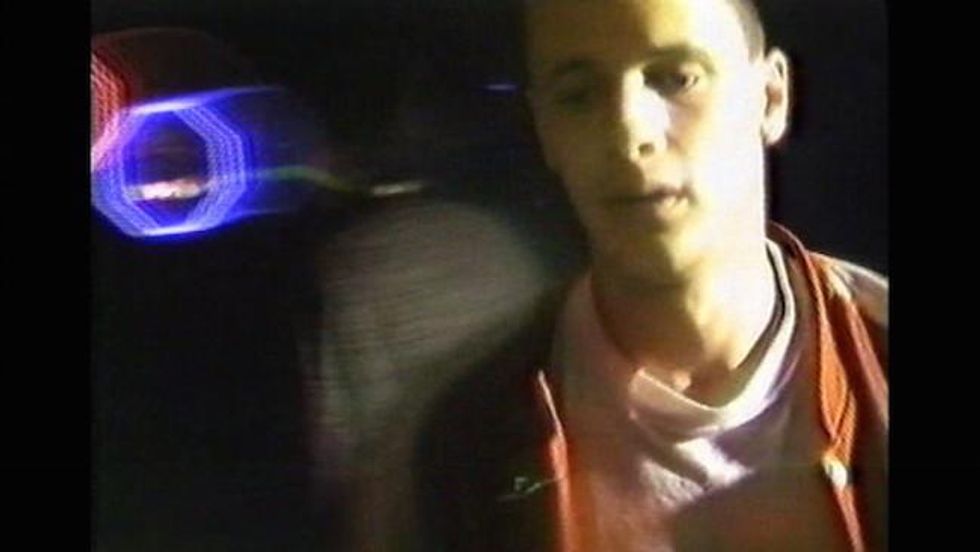
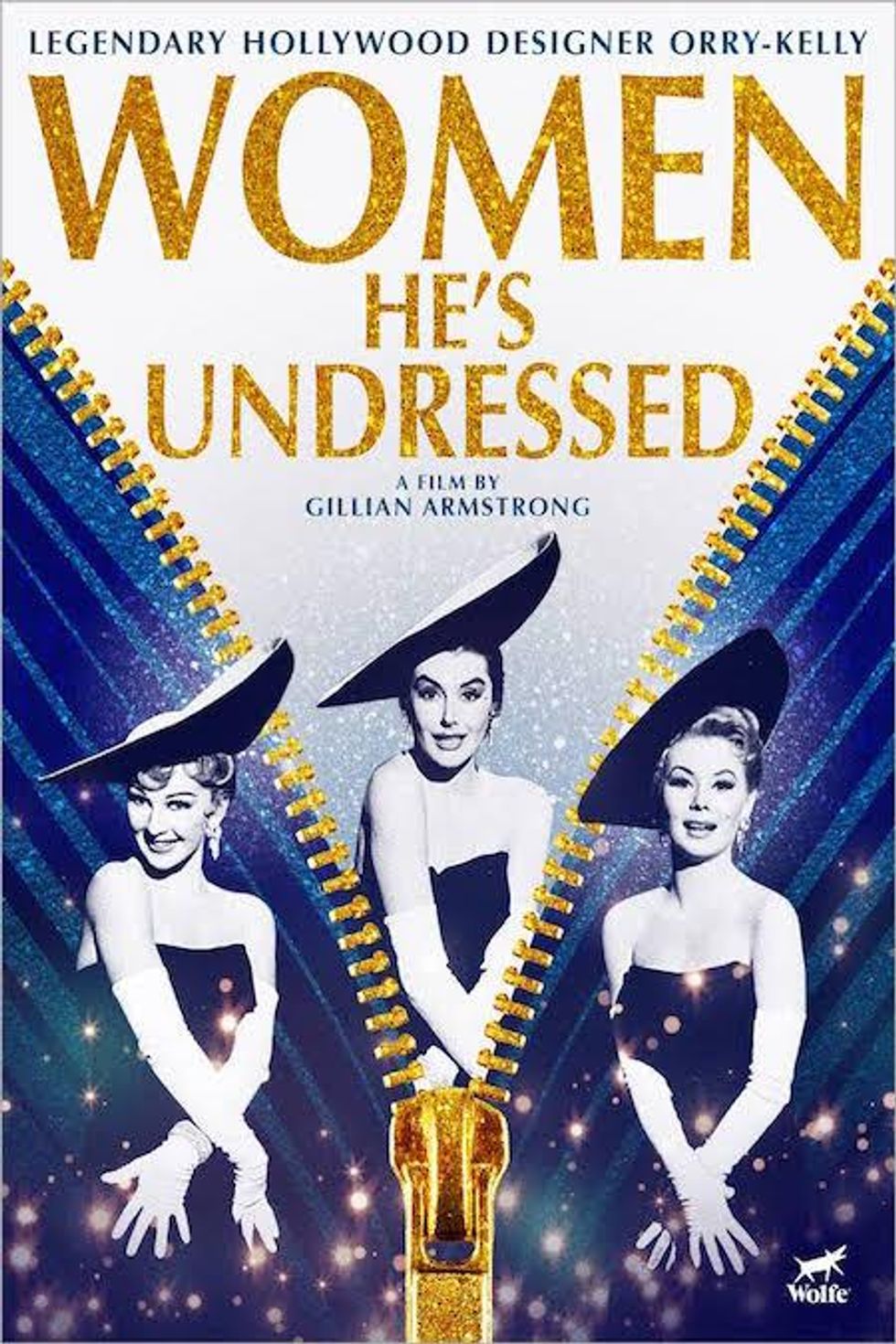
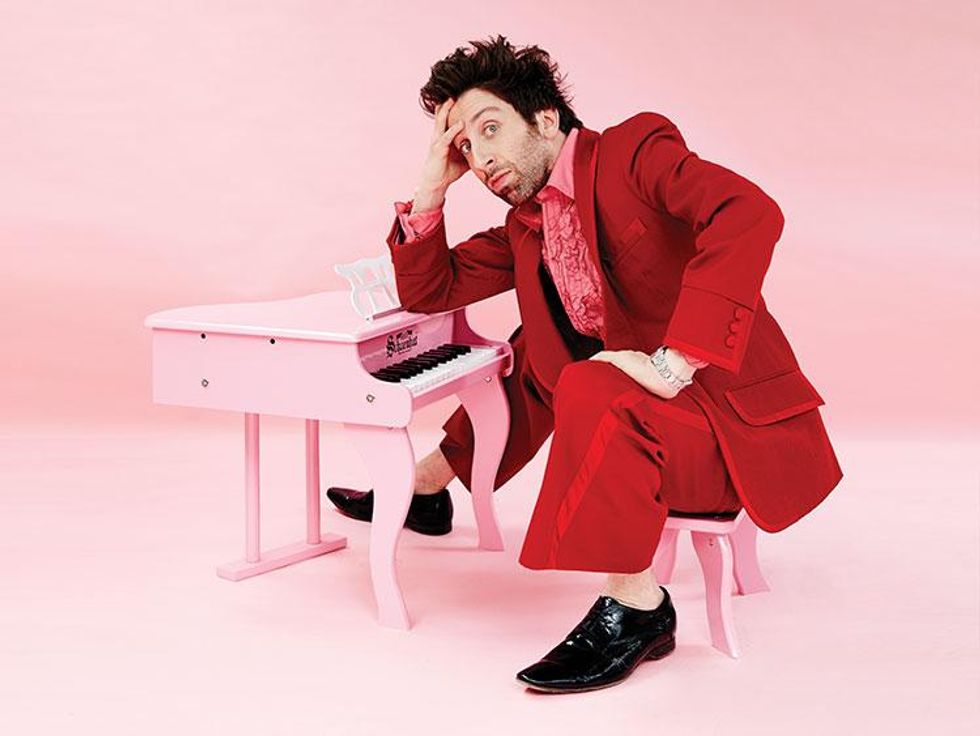
One more filmic item: In Florence Foster Jenkins, The Big Bang Theory's Simon Helberg plays the alternately bemused and mortified accompanist for the off-key singer played by a three-time Oscar winner. At an event for the film, Helberg jokingly told the audience, "Arguably the greatest actor who ever lived got called...and told he's been cast opposite Meryl Streep!"





